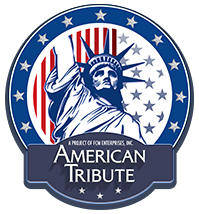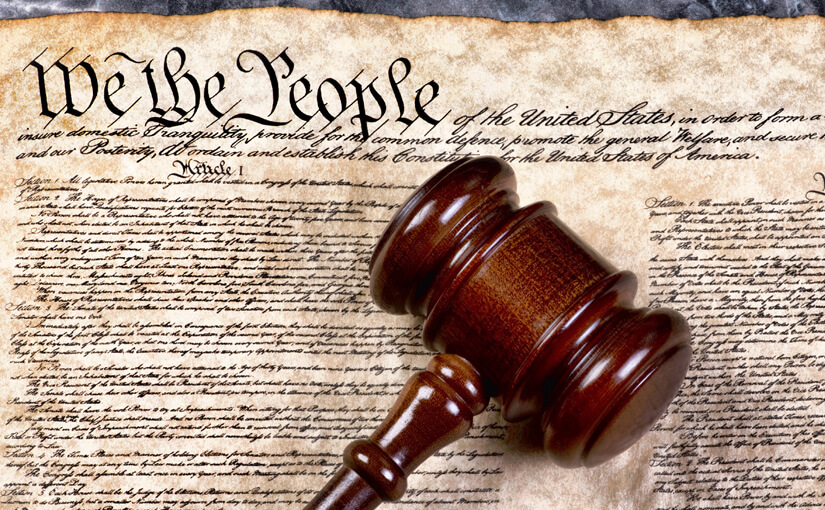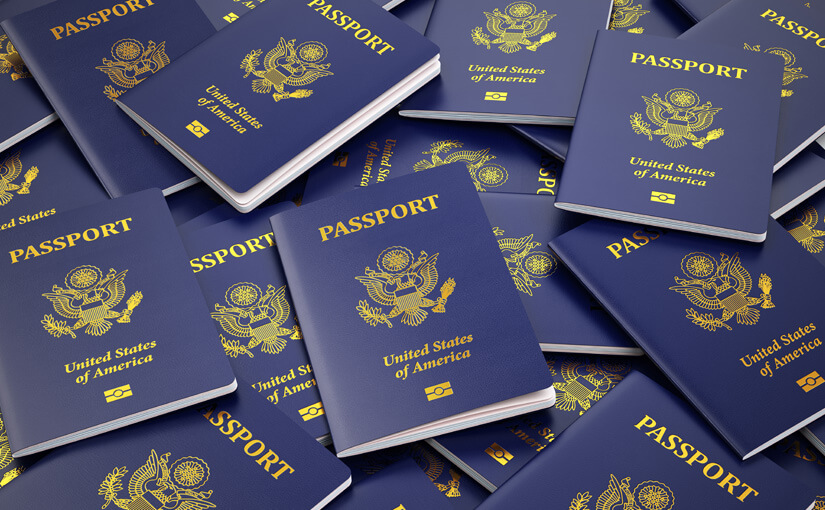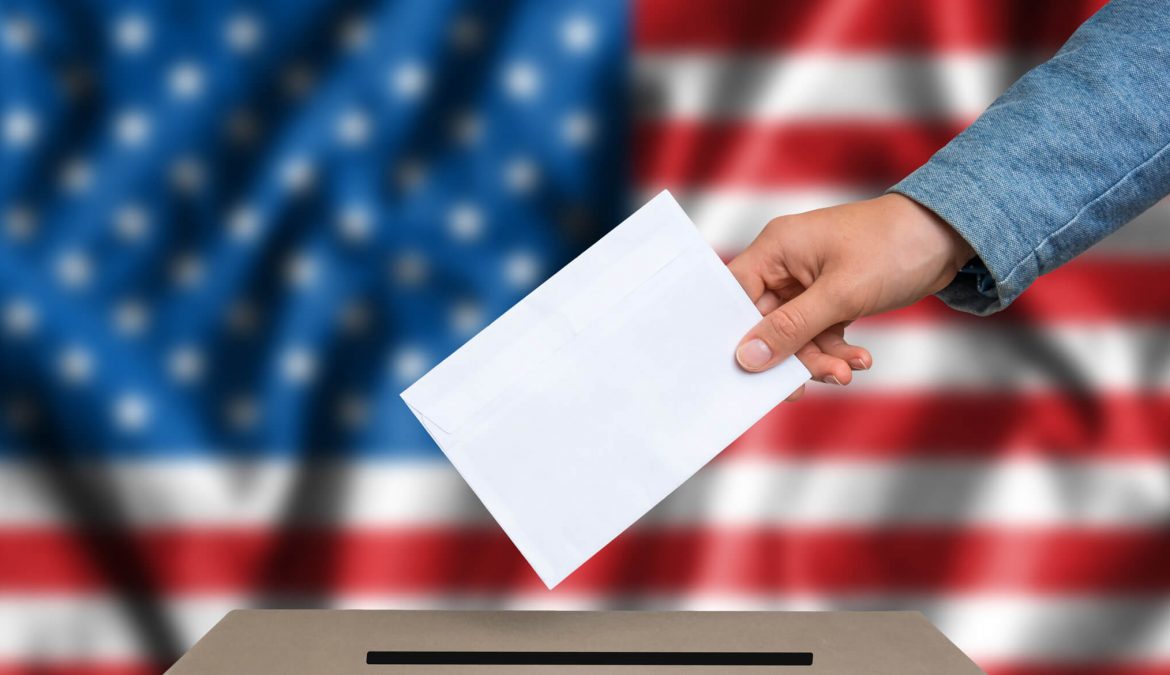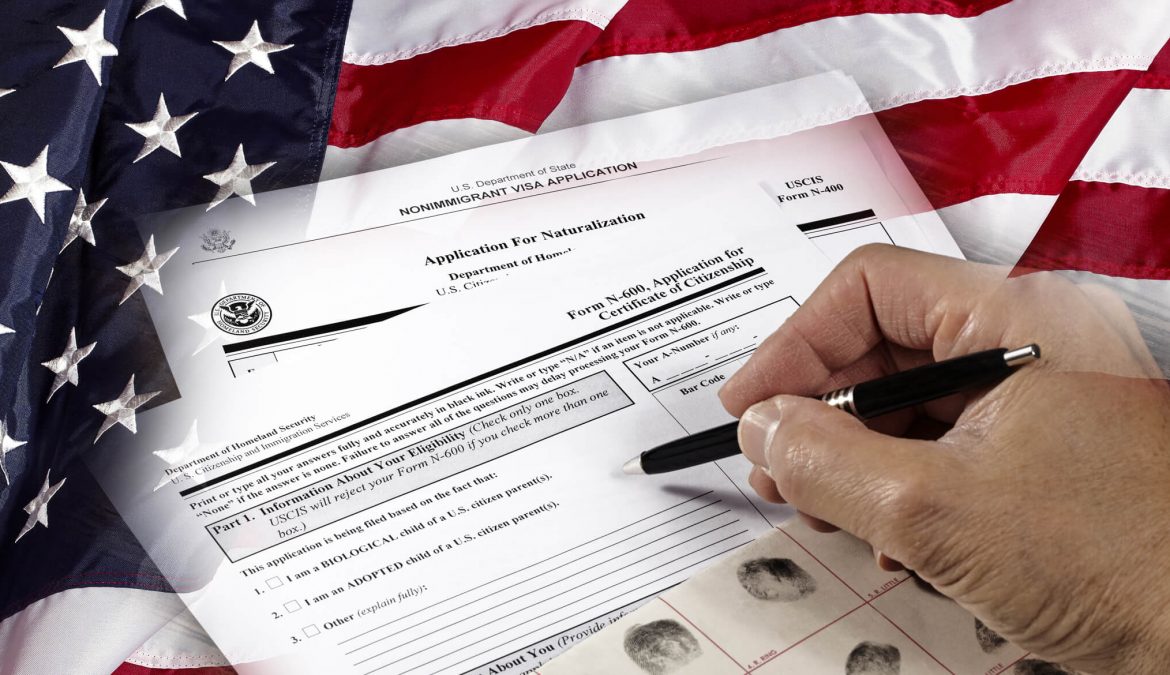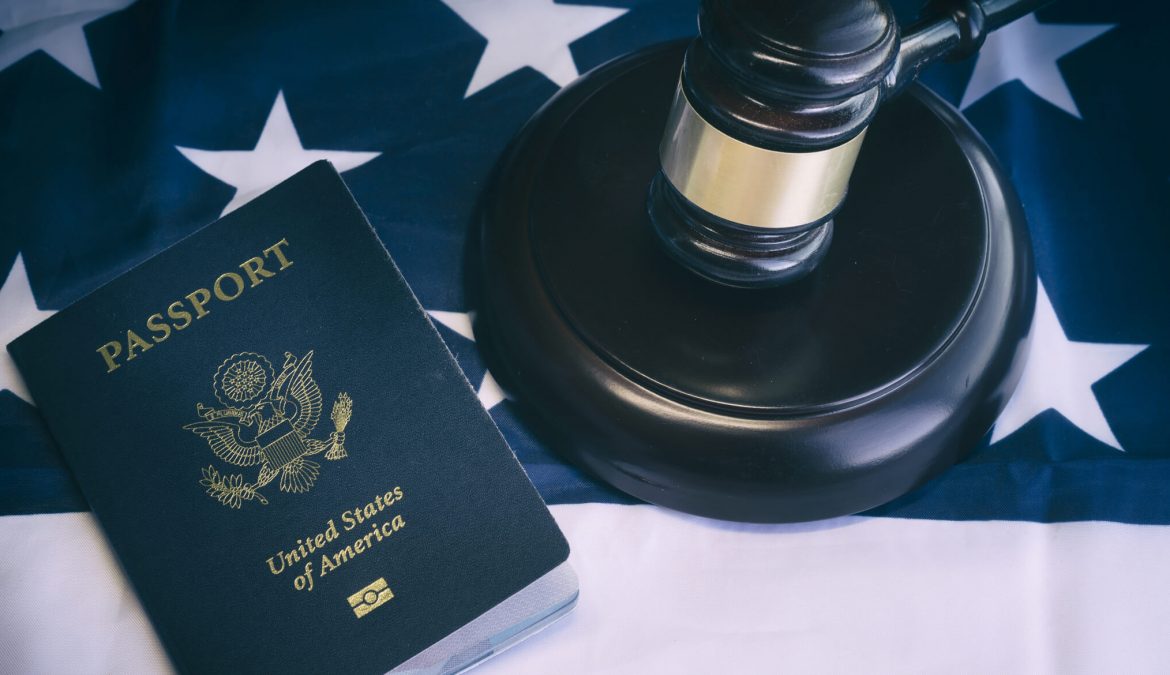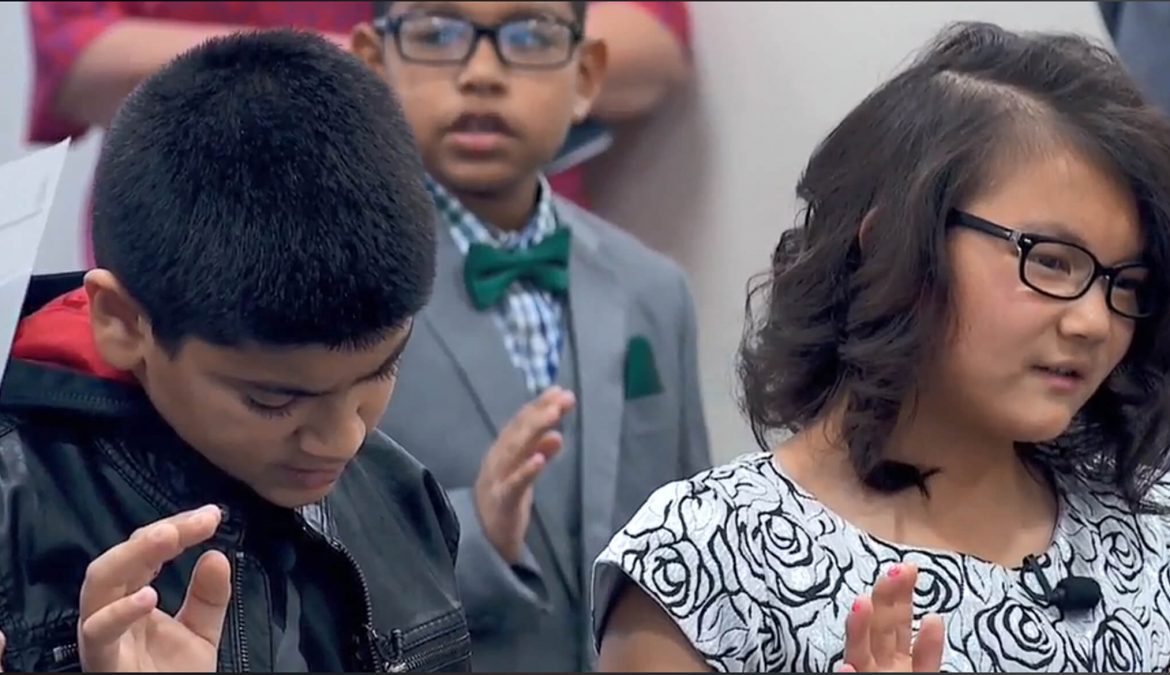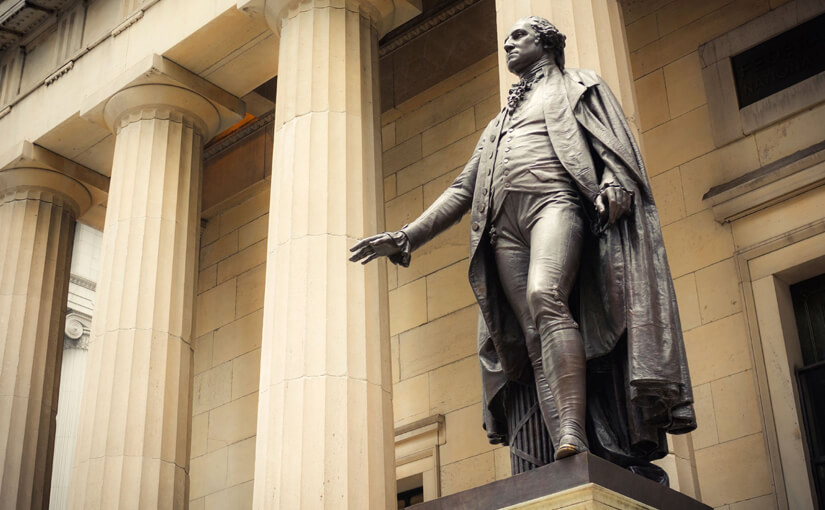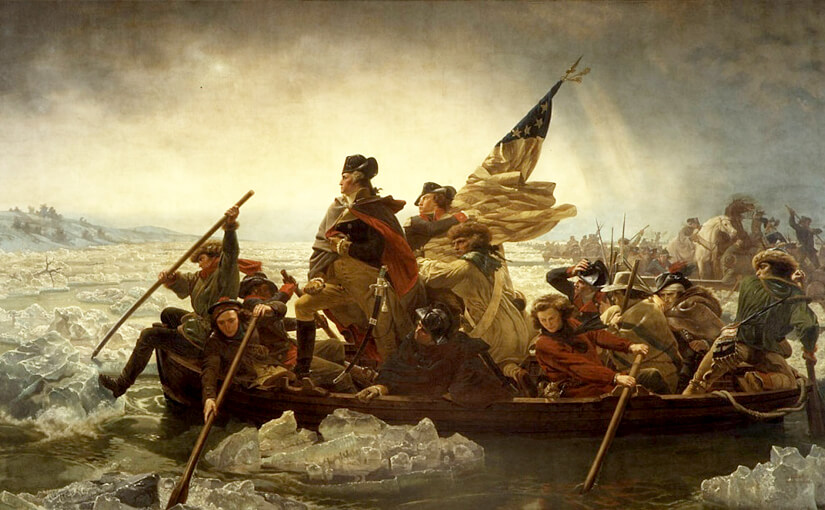- Sets up the government
- Defines the government
- Protects basic rights of Americans
The Constitution of the United States divides government power between the national government and state governments. The name for this division of power is “federalism.”
Federalism is an important idea in the Constitution. We call the Founding Fathers who wrote the Constitution the “Framers” of the Constitution.
The Framers wanted to limit the powers of the government, so they separated the powers into three branches: executive, legislative, and judicial.
The Constitution explains the power of each branch. The Constitution also includes changes and additions, called “amendments.”
The first 10 amendments are called the “Bill of Rights.” The Bill of Rights established the individual rights and liberties of all Americans.
** As you prepare for U.S. citizenship, Learn About the United States: Quick Civics Lessons will help you study for the civics and English portions of the naturalization interview. There are 100 civics (history and government) questions on the naturalization test. During your naturalization interview, you will be asked up to 10 questions from the list of 100 questions. You must answer correctly six (6) of the 10 questions to pass the civics test.
